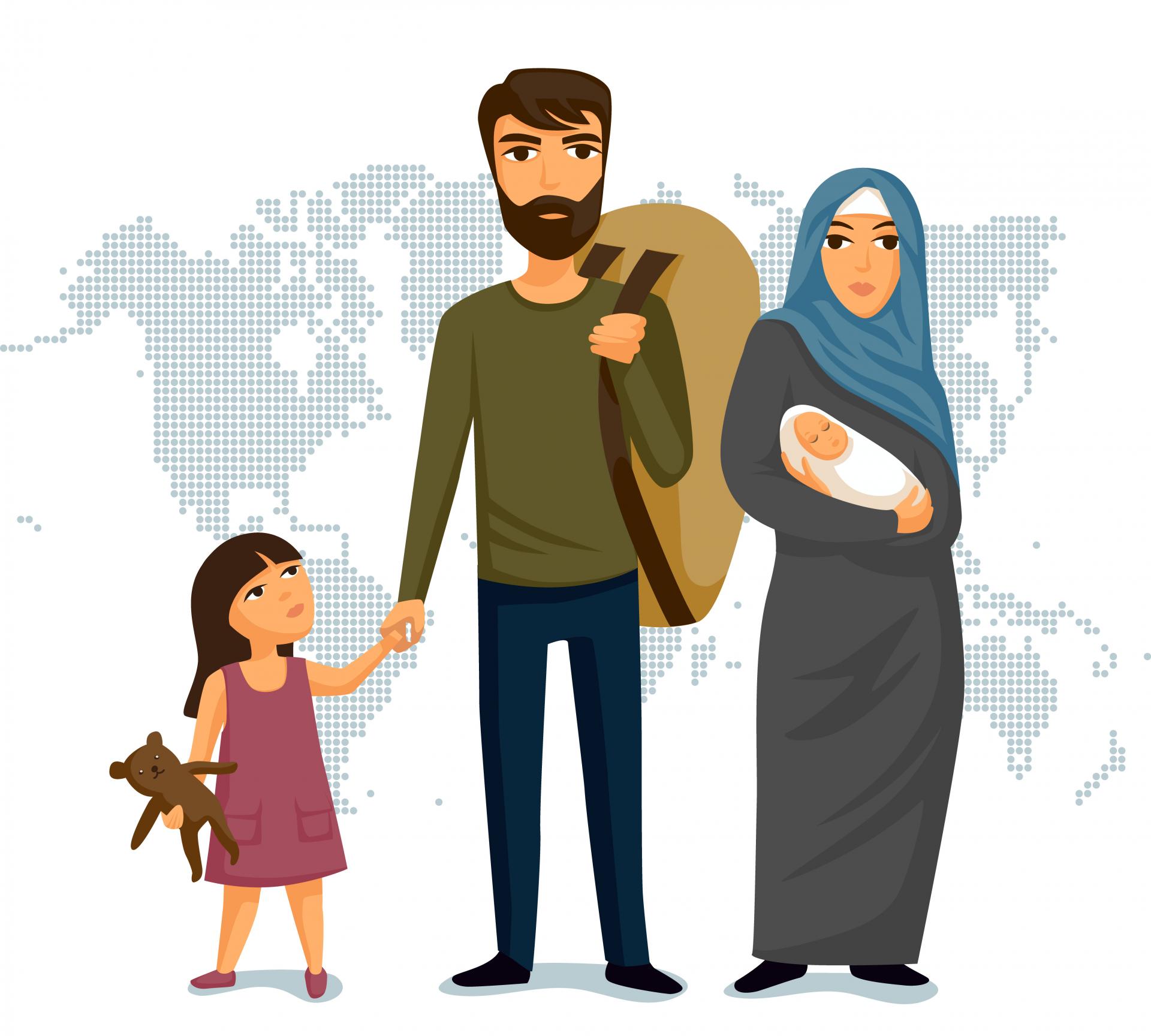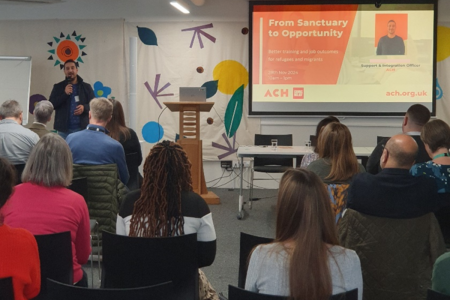
Refugee Rights in the UK: Know the Facts
Looking for the genuine facts about refugee rights in the UK? Then you’ve come to the right place. According to the UN Refugee Agency, there were 121,837 refugees, 40,365 pending asylum cases and 97 stateless persons in the UK at the end of 2017. Here are the answers to some of your most frequently asked questions.
What rights do refugees have?
All refugees have the right to safe asylum. Of course, this applies to more than just physical safety. Refugees share the same human rights as legal residents, including:
-
Freedom of opinion and expression
-
Freedom of thought, conscience, and religion
-
Freedom from torture or degrading treatment
-
The right to life, liberty, security and freedom from discrimination
What is the international law on refugees?
Refugee law refers to the branch of international law that covers refugee rights and protection. Among academics, there are conflicting opinions about the relationship between this and international human rights law, since there is naturally some overlap. The primary difference is that the former allows for state sovereignty, while the latter does not.
Another key feature of international refugee law is non-refoulement: this forbids a country from returning asylum seekers to a country in which they would be in danger of persecution based on race, religion, nationality, political membership or political opinion.
What does refugee status in the UK mean?
Refugee status is granted to those the Home Office recognises as refugees, as outlined in the Refugee Convention. When a person achieves official refugee status, they are usually given leave to remain in the UK for up to five years, after which time they can apply for Indefinite Leave to Remain. But the system isn’t perfect. On receiving refugee status, individuals are given 28 days to find new accommodation and apply for benefits. It’s at this stage that many refugees become homeless – it’s already challenging for DSS tenants to find a rental property. Unlike asylum seekers, refugees have permission to work in the UK.
Can refugees become UK citizens?
Refugees can apply for a permanent UK visa after five years, also known as Indefinite Leave to Remain. In order to apply for British citizenship, you must have been granted ILR and continue to live in the UK for a further 12 months. For some, there is the option to apply for citizenship by naturalisation. Check if you can become a British citizen here.
Can refugees work in the UK?
Refugees are granted permission to work in the UK within any profession, at any skill level (see our employment and training programs). Those unable to work can also apply for welfare benefits. Getting a National Insurance number is no longer an issue; NI numbers are now printed on people’s BRPs when they get refugee status – a relatively recent change.
Asylum seekers are not allowed to work in the UK while their claim is still being considered, but they are encouraged to volunteer. During this time, they have the right to claim temporary accommodation and basic living support.
How much benefit does a refugee get?
Refugees stop receiving asylum support on receiving refugee status, however, they may be eligible for certain welfare benefits, including:
-
Income Support – to help you cover your costs if you’re on a low income
-
Jobseeker’s Allowance – an unemployment benefit you can claim while looking for work
-
Employment and Support Allowance – if you cannot work because of illness or disability
-
Pension Credit – an income-related benefit for people over 65
-
Universal Credit – to support you if you’re working on a low income or you’re out of work
-
Refugee integration loan – an interest-free loan for refugees or those under humanitarian protection
Speak to your local Citizens Advice to find out what you qualify for.
How to protect refugee rights
Governments have a duty to protect the basic human rights and physical safety of their citizens, but when people become refugees, everything changes. Panic ensues. Lines are blurred. Unless other countries take them in, these people find themselves in vulnerable and potentially life-threatening situations. Protecting refugee rights becomes a matter of legislation and funding together with direct action. The following refugee rights organisations are worth noting for their bold campaigns and ongoing support to prevent social injustice:
To find out more about UK refugee policy and what we offer, visit our Refugee & Asylum Policy Advice & Research page.


